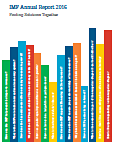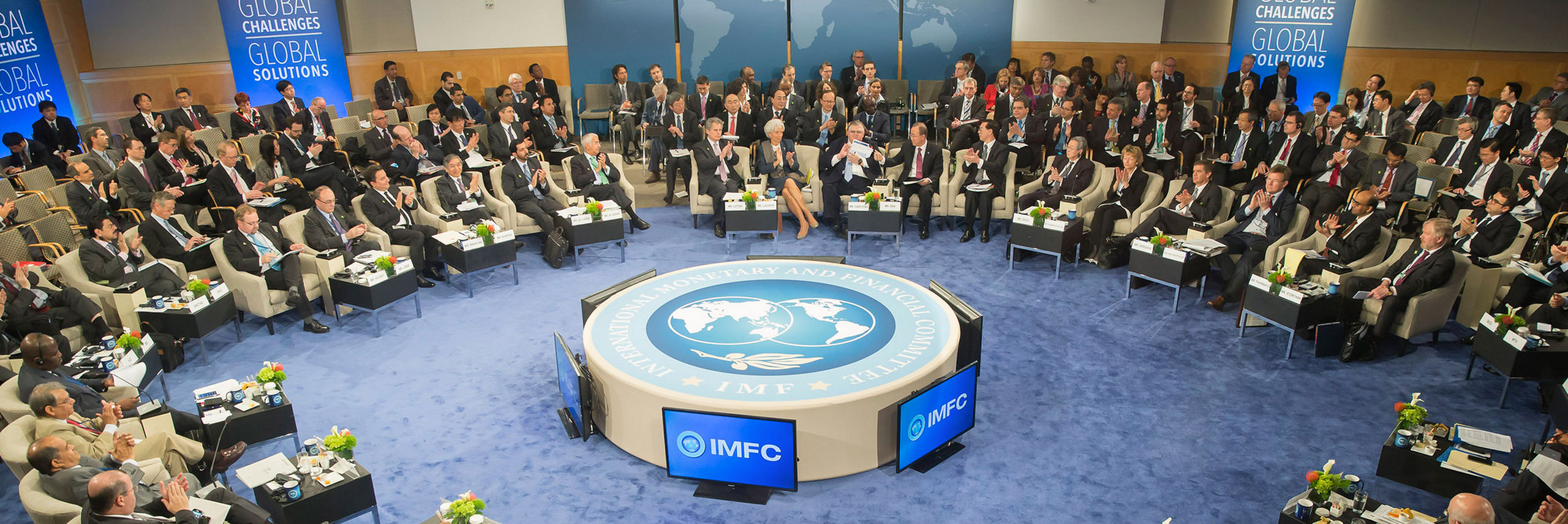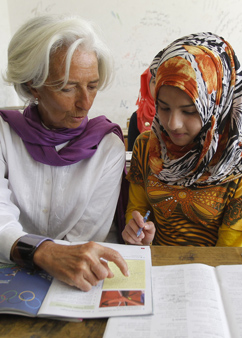About the IMF
The International Monetary Fund is a global organization of 189 member countries set up to promote the health of the world economy. It works to foster global monetary cooperation, secure financial stability, facilitate international trade, promote high employment and sustainable economic growth, and reduce poverty around the world.
The IMF, which oversees the international monetary system to ensure its effective operation, has among its key purposes to promote exchange rate stability and to facilitate the expansion and balanced growth of international trade. The IMF’s mission enables countries (and their citizens) to buy goods and services from one another and is essential for achieving sustainable economic growth and raising living standards.
All of the IMF’s member countries are represented on its Executive Board, which discusses the national, regional, and global consequences of each member’s economic policies and approves IMF loans to help member countries address temporary balance-of-payments problems, as well as capacity-building efforts. This Annual Report covers the activities of the Executive Board and IMF management and staff during the financial year May 1, 2015, through April 30, 2016. The contents reflect the views and policy discussions of the IMF Executive Board, which has actively participated in preparation of this Annual Report.












